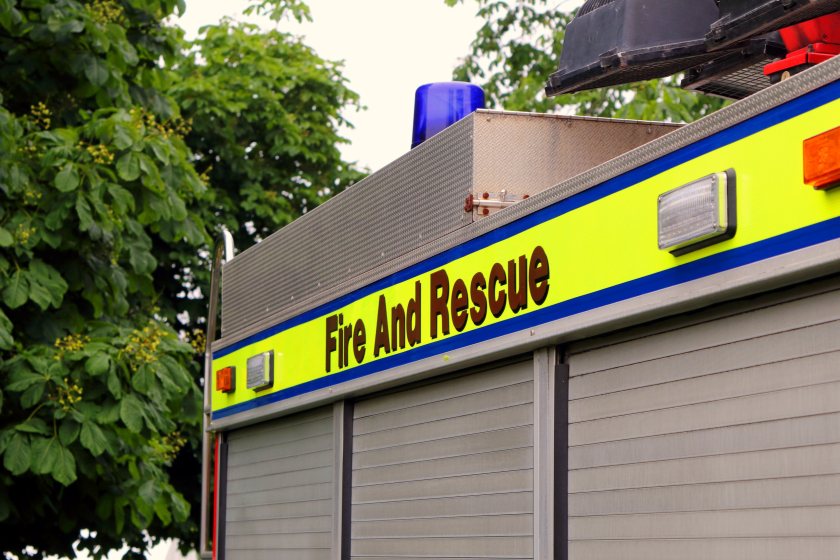
A fire at a pig unit in Cookley, East Suffolk, has left 75 animals dead despite a major firefighting operation and urgent veterinary care on site.
Firefighters were called shortly before 7:30am on 29 September, after reports of flames tearing through a farm building.
The structure – a brick and steel unit holding around 400 pigs – was already heavily ablaze by the time crews arrived.
Many of the animals had been released from the shed before fire crews reached the scene, but a number sustained severe burns.
A vet was present throughout the incident, treating injuries and, where necessary, humanely putting down pigs that could not be saved.
Engines from Framlingham, Wrentham, Leiston, Bungay and Saxmundham attended, supported by a water carrier to offset the limited local supply. Two hose reels were deployed, with the fire divided into sectors to help contain the flames.
By just after 10am, firefighters had the blaze surrounded, declaring it extinguished within the hour. The official “stop” message – signalling the end of the active incident – came at 10:57am.
Although most of the livestock survived, Suffolk Fire and Rescue confirmed that 75 pigs were lost. The Environment Agency also attended to monitor any environmental risks. A full fire investigation will now examine the cause of the blaze.
This tragic incident occurs against a backdrop of rising costs from farm fires across the UK. According to NFU Mutual's latest figures, the total cost of farm fires rose by 37% to £110.3m in 2023 (up from £80.4m in 2022).
Interestingly, this increase came even though the number of fire claims fell by around 15 per cent year on year, suggesting that incidents have become more severe or destructive on average.
NFU Mutual attributes the jump to a combination of larger-scale events and higher costs of rebuilding, materials, machinery, labour and replacement.
Vehicle fires within the agricultural sector have also remained costly, with claims for tractors alone estimated at £20.4 million in 2023.
